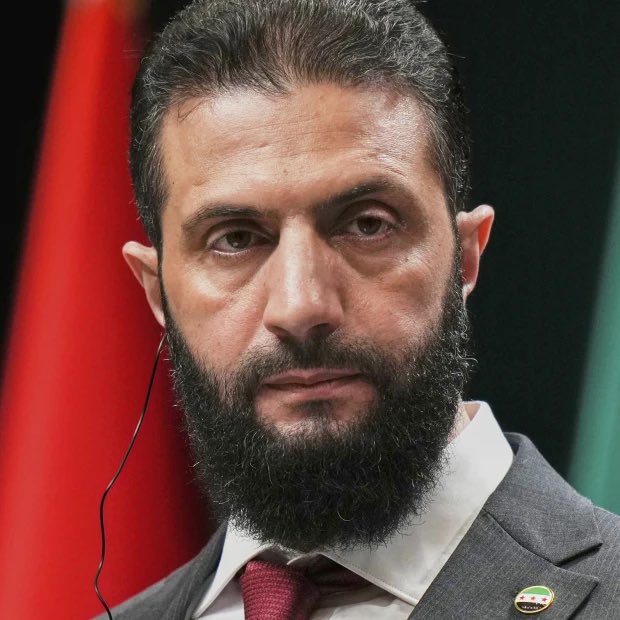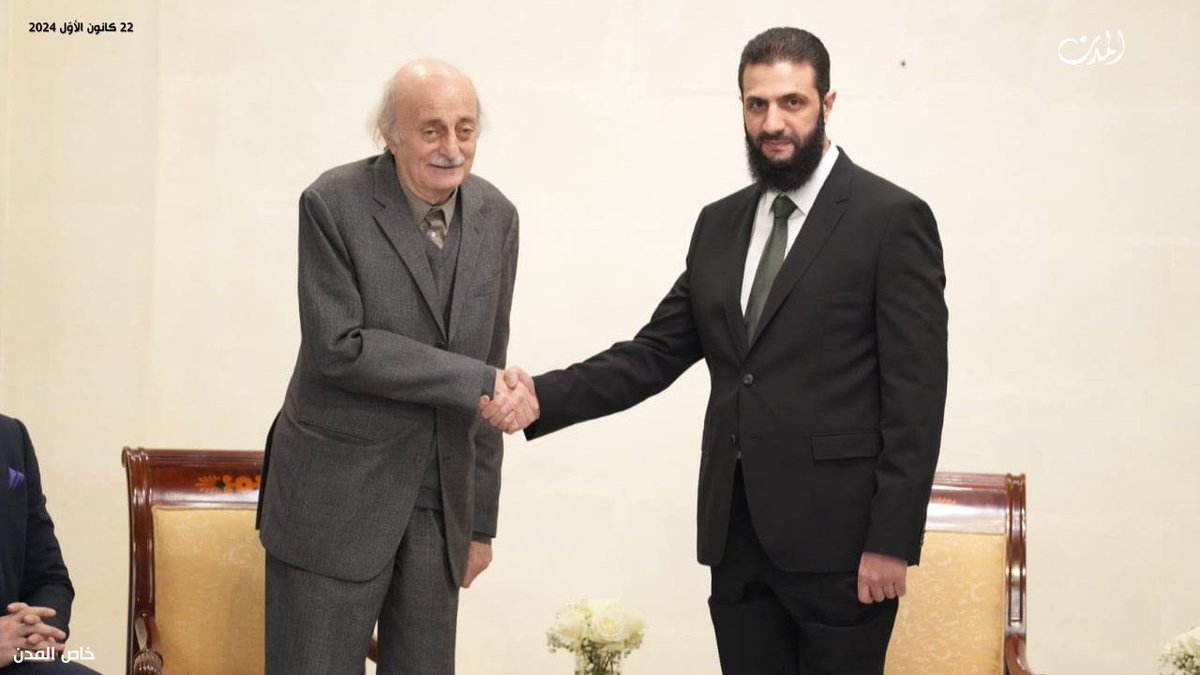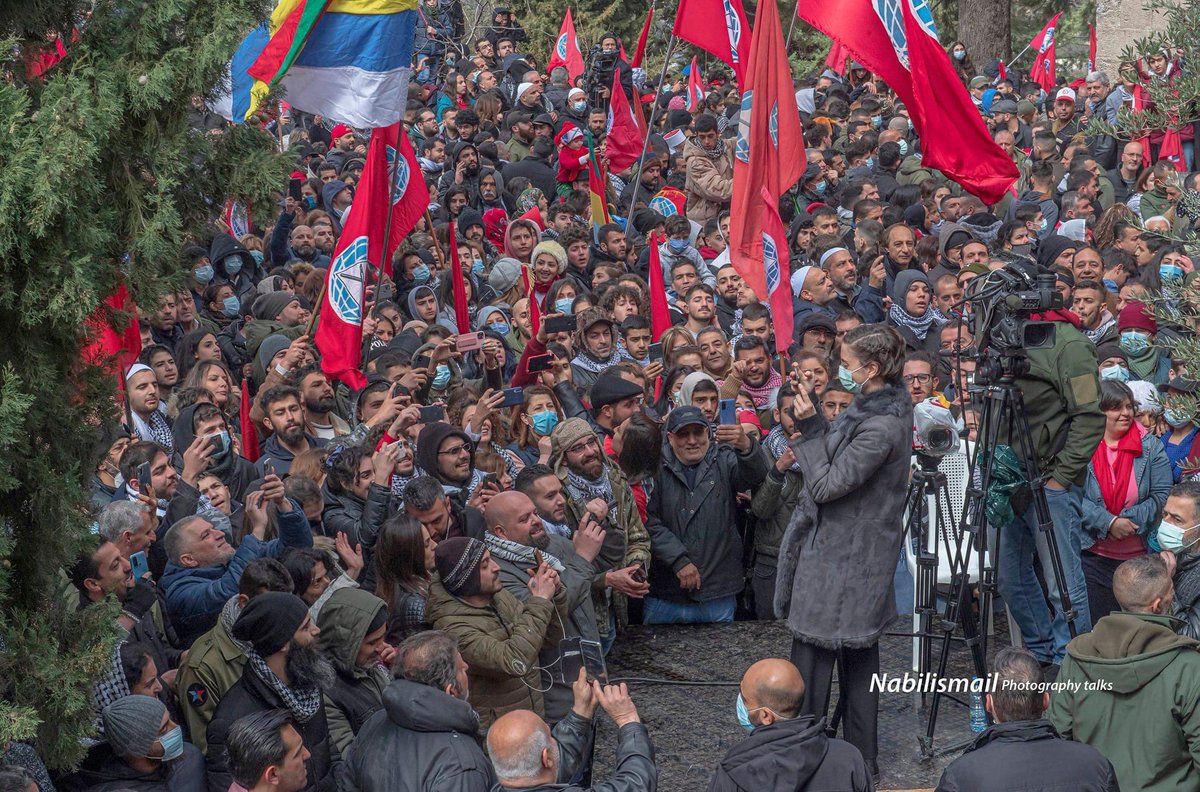
History, politics, culture & religion, with an eye on the Levant 🏺🍇🫒 // Pro-human, liberty-minded civilizationist 🗽🏛️ // From Mount Lebanon 🇱🇧🧉
How to get URL link on X (Twitter) App



 1/ First, I want to say that I still respect al-Sharaa as a capable leader. It takes real grit to rise to the top among Syria’s opposition militias and to build the kind of state capacity he did in Idlib, an achievement that provided a model to replicate across the country.
1/ First, I want to say that I still respect al-Sharaa as a capable leader. It takes real grit to rise to the top among Syria’s opposition militias and to build the kind of state capacity he did in Idlib, an achievement that provided a model to replicate across the country.

